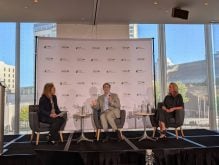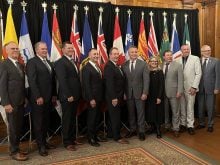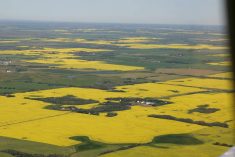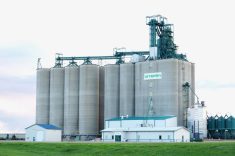During my leadership studies, I watched a video about growing food in Zambia, in south-central Africa.
An Italian-based non-government organization wanted to grow tomatoes. This created a lot of entertainment for the local people. The valley was fertile and the tomatoes were remarkable but the Zambians would not participate.
Then it happened. Just before harvest, several hundred hippos emerged from the muddy waters and consumed the fields of ripe fruit. The Zambians quietly pointed out that hippos were the reason there was no agriculture in the valley. When asked why they didn’t say so before the crop was planted, “You never asked” was the reply.
Read Also
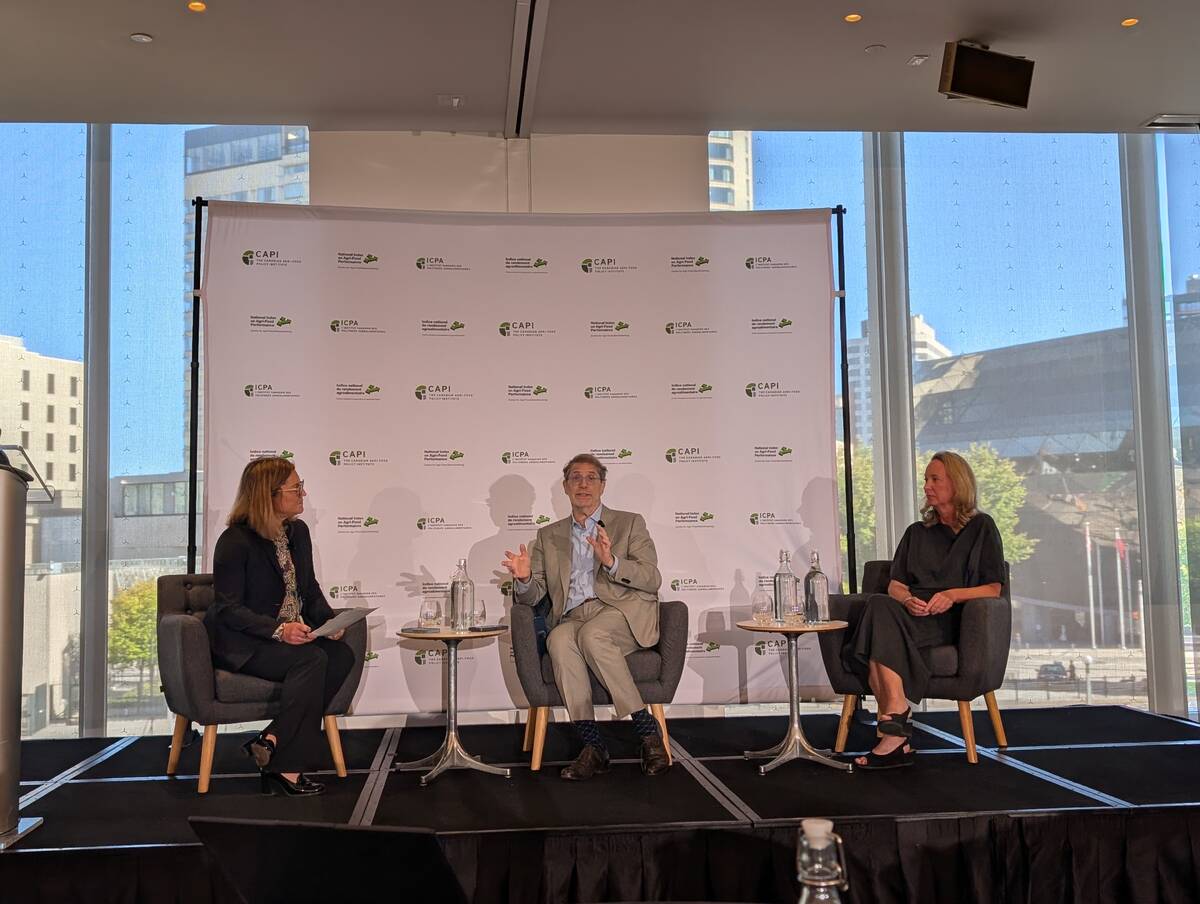
Is Canadian agriculture and agri-food ready to pivot?
Canadian agriculture is at a pivotal moment as geopolitical, trade, economic and environmental issues are creating tension in the agriculture economy: CAPI 2025 conference
I was reminded this when I attended the Canadian Beef Industry Conference. As attendees told their stories of coping with family change, weather challenges, cultural differences, getting by or being wildly successful, I thought about the importance of asking and the role of traditional knowledge.
Each region has its secrets and getting information from local folks helps prevent expensive mistakes. It’s like removing a shelterbelt on the bald Prairie in the name of progress, while ignoring the knowledge of wind and erosion patterns that long-term residents can share.
A long time ago, grasslands were harvested by bison that regenerated and fertilized the land as they moved. After colonization, the introduction of confined bovines and equipment on the land created erosion and expensive lessons for the industry.
The concept of moving cattle was based on the traditional movement of bison. The new knowledge of fencing, forage and grass combinations, carry over, swath grazing, solar watering systems and zero till in field establishment honours the past while enhancing the importance of keeping cattle moving.
Saskatchewan rancher Mona Howe once shared with me the importance of this balance. One of her leadership challenges was “the fine art of balancing historical knowledge and experience with limitless creativity and future innovation.”
That pretty much sums up the importance of honouring traditional knowledge while giving ourselves permission to be curious.
We never succeed alone. Tapping into the knowledge of a community seems easy when there is robust support at a large function such as a conference, but asking quietly when there has been a wreck — and we have all had a wreck — takes more courage.
We bring our vulnerable selves to the communities in which we live. Working in collaboration helps alleviate the stress that we continually invite with our independence.
That is not to say we share everything, but it does remind us of the value of working together. People have been fed since the beginning of time based on the collaboration of individuals within a community.
Today, technology allows us to instantly access the information we need. Even so, it does not reflect on 40 years of standing in that place, observing what the land and sky have to offer. Nor does it bring us a warm hug when the last calf died or the final petal fell in the hailstorm.
We need both traditional knowledge and technical innovation to draw from and to lift us into new ways of knowing and doing. Knowing how the wind blows is as important as understanding AI in the future of your operation.
Human nature pushes us forward to achieve, and that is often at the expense of being mindful of our needs as individuals. It is in this introspection that we find what is missing.
Most important is the critical care of self; the ability to self-regenerate and bring all of us to the table. It is healthy to honour ourselves and our needs daily and to ask when we need helpful collaboration — when we need community.
We must encourage each other to collaborate across our industries and engage with a supportive community while being ever curious about the people, technology, history, knowledge and opportunity that surrounds us.
Only then will we appreciate the space we are in and find novel solutions; solutions such as a very visible high-powered electric fence to stop the raiding hippos.
Brenda Schoepp works as an international mentor and motivational speaker. She can be contacted through her website at www.brendaschoepp.com. All rights reserved.





